Delegate Tran Thi Dieu Thuy asked the Government to clarify whether workers on technology sharing platforms such as delivery, motorbike taxi, taxi... are subject to compulsory social insurance or not.
Discussing the draft revised Law on Social Insurance at the National Assembly on the afternoon of November 2, Chairwoman of the Ho Chi Minh City Labor Federation Tran Thi Dieu Thuy said she was very concerned that there were no regulations on compulsory social insurance for workers working on technology sharing platforms.
"Delivery workers, motorbike taxi drivers, and technology taxi drivers all work under contracts with technology companies. This is a form of contract labor, not freelance labor," said Ms. Thuy.
According to the female delegate, this group of workers is greatly affected by the technology company's policy "because just a few percentage points of the sharing ratio can create a labor relationship". For example, in Ho Chi Minh City, there have been many incidents where technology car drivers have turned off their apps to protest the company's high percentage. This can be considered a collective work stoppage by workers.

Delegate Tran Dieu Thuy. Photo: National Assembly Media
However, the current Labor Code does not stipulate that this group has signed a contract and is therefore not subject to compulsory social insurance. In the context of the increasing number of workers working for technology platforms, Ms. Thuy suggested that the drafting agency stipulate in the draft revised law whether this group is subject to compulsory social insurance or not.
Delegate Tran Kim Yen, Secretary of District 1, Ho Chi Minh City, said that it is necessary to clarify the relationship between workers on technology platforms and service providers. When talking to technology drivers, she learned that they participate in voluntary social insurance, but the drivers have to pay the entire amount, so it is very high.
"The current social insurance contribution rate is 32% of the employee's salary, of which the employee contributes 10.5% and the enterprise contributes 21.5%. Technology drivers are bringing benefits to companies, so there needs to be regulations in the draft law," Ms. Yen proposed.
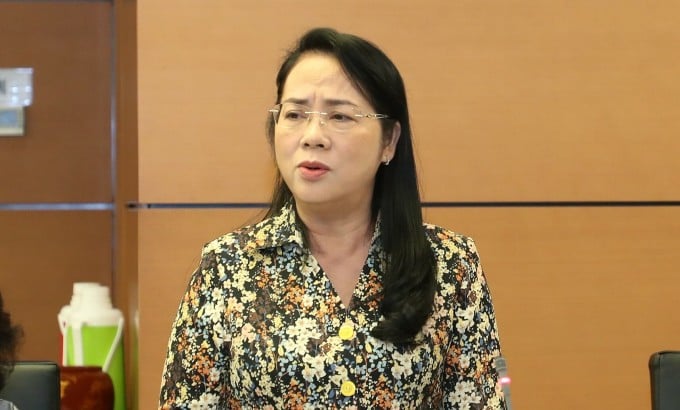
Delegate Tran Kim Yen. Photo: National Assembly Media
According to current regulations, workers working on technology sharing platforms are not paid by technology companies but receive remuneration from customers, so they are only considered collaborators and partners and are not allowed to sign labor contracts. Because they are not considered employees under labor contracts, they are not subject to compulsory social insurance.
If social insurance is mandatory, workers working on technology sharing platforms only have to pay a portion of the money, the rest will be paid by the technology company.
The Government's proposal stipulates that the subjects of compulsory social insurance payment include: people working under labor contracts of 1 month or more; cadres, civil servants, public employees; workers, civil servants of national defense, police, and secret police; officers, professional soldiers; non-commissioned officers, military soldiers; people working abroad under contracts; people not receiving salaries from the budget and following the spouse or husband regime at Vietnamese agencies abroad; business owners who are required to register their business...
The agency examining the draft law - the National Assembly's Social Committee, requested the drafting agency to clarify its viewpoint on social insurance participation for new groups of workers such as: both employees and employers; technology workers; freelance workers working in job sharing activities...
Source link





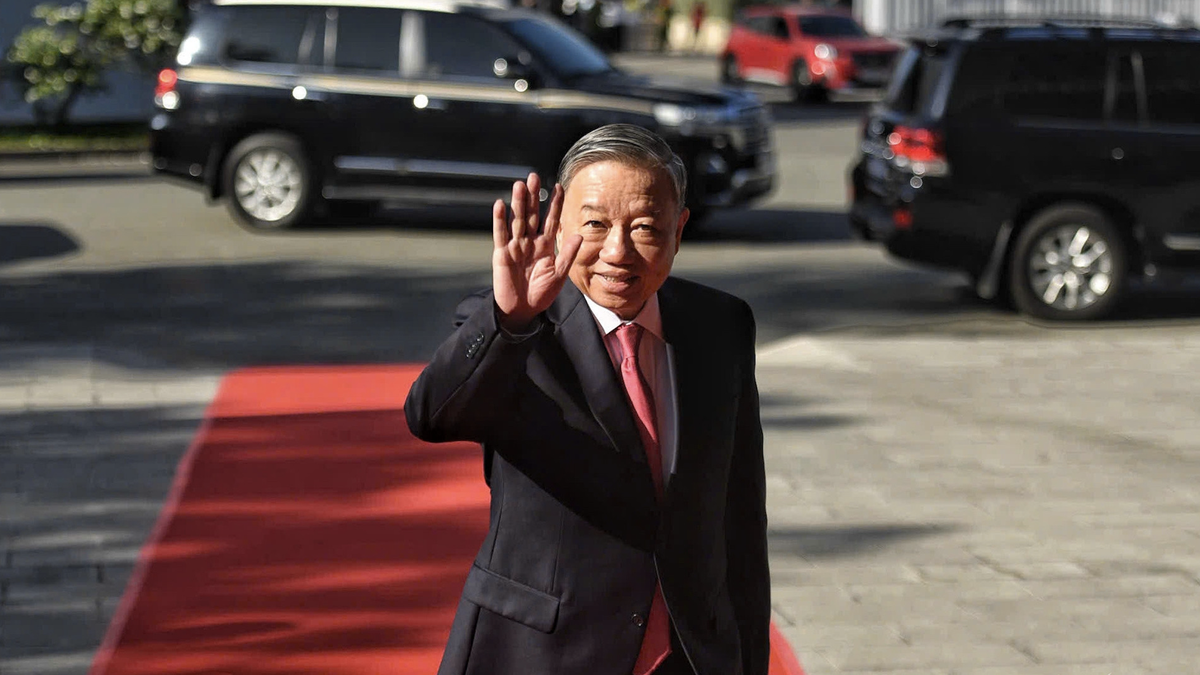

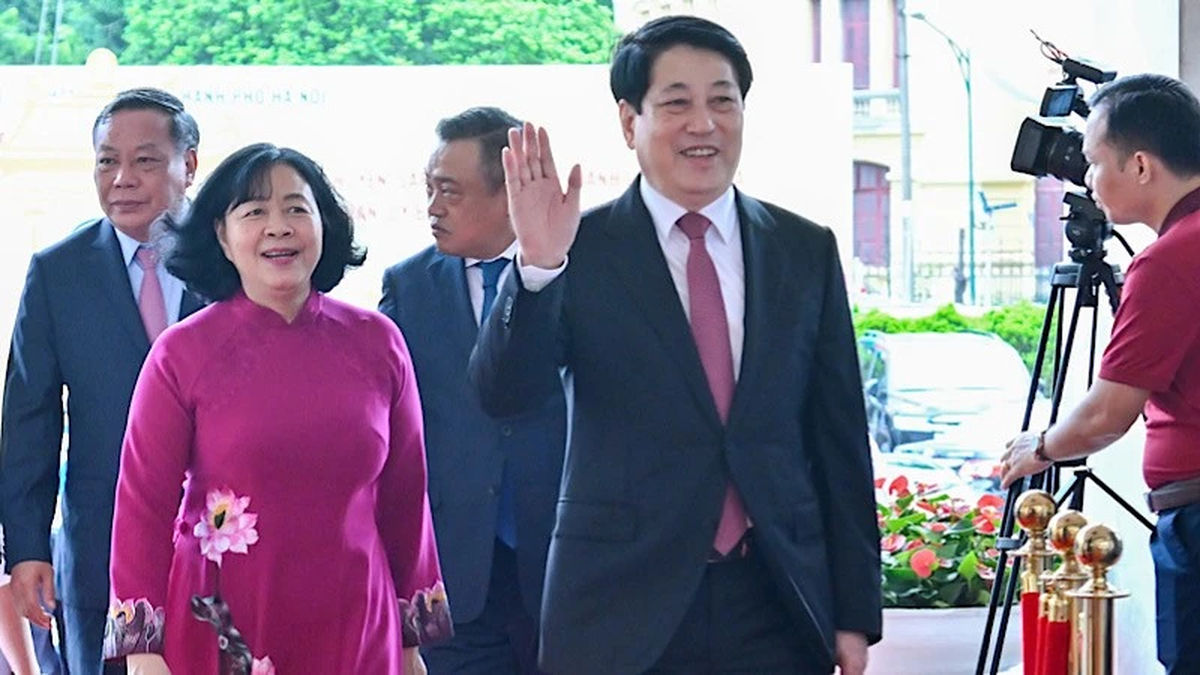
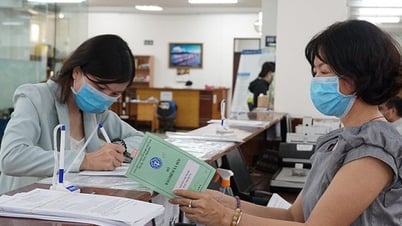





















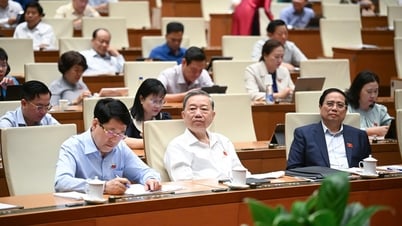













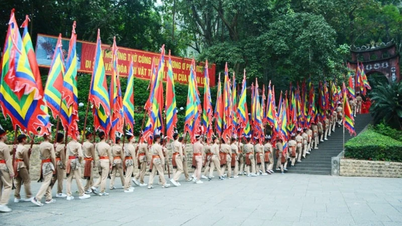













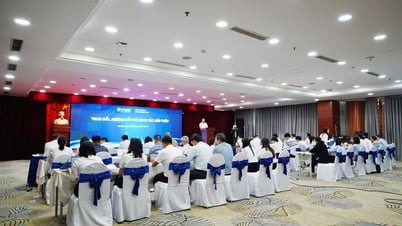

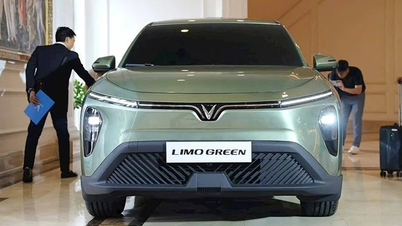


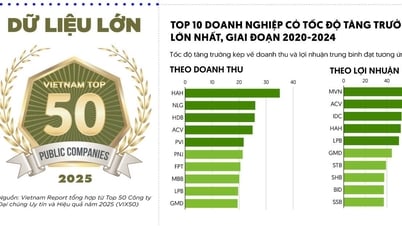



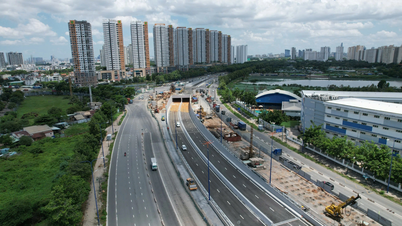









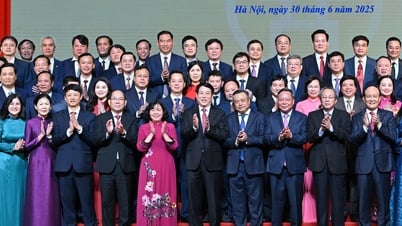


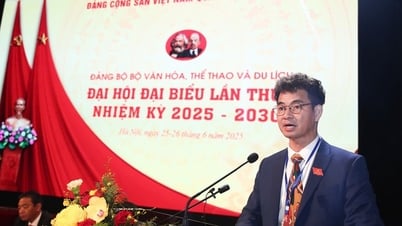
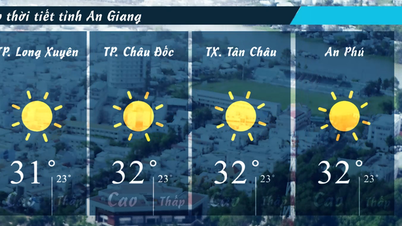

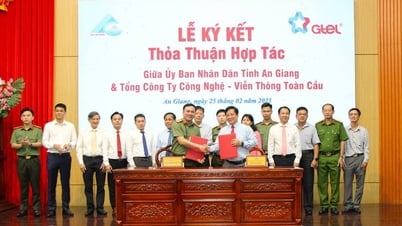


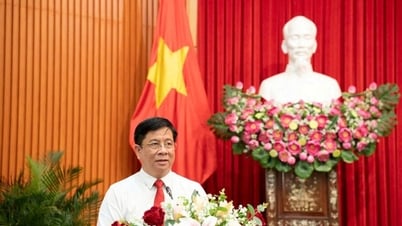











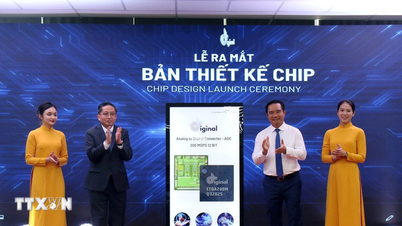





Comment (0)